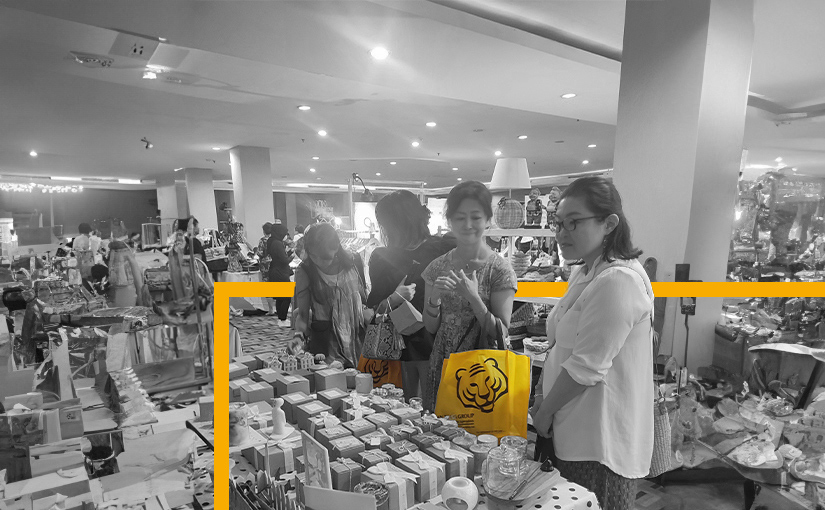The Impact of COVID-19 on the HK Relocation Business
24 Feb 2020
The COVID-19 pandemic has not only swept through the globe but also affected all industries in between; thus, the business of moving in Hong Kong has not been spared. In a recent interview with Bloomberg Television, Rob Chipman, the chief executive officer of Asian Tigers-Hong Kong, explained the devastating effect that the coronavirus pandemic has had on the industry in Hong Kong.
Rob Chipman, on his part, started by stating that the relocation industry has probably never witnessed the scale of challenges as it is currently practicing. The lockdowns, quarantine, and other related measures in the countries of the world have brought movement across borders to a very minimal level. This means that the relocation business, which mainly relies on the movement of people seamlessly across different locations, takes a direct hit.
Global supply chains were disrupted, and this is one among many of the challenges Chipman mentioned. The moving industry depends heavily on logistics for major services, from shipping and air freight to ground transportation. The pandemic was a great cause of delay and disruption among these supply chains, making appraisal and coordination difficult in moving with much efficiency, to say the least. These delays not only increased the costs of relocation, but also substantially added to them, for alternative routes and transportation means proved always to be, as a rule, more expensive.
Another significant point of discussion was loss of confidence of the clients and changes in decision-making. The unknown situation, due to the outbreak of the pandemic, where many people and enterprises put their planned shifting on hold or canceled it altogether. Due to the threat of the pandemic and looming economic uncertainties, clients were in no position of permanently shifting their bases. Their uncertainty resulted in a severe drop in relocation requests and consequent decline seen in the business of relocation agents.
Chipman also indicated the operational challenges which companies like them had to face in the past year. Most companies had to adopt new business operations under the tight timeline and pressure caused by social distancing and remote work. For Asian Tigers-Hong Kong, this was about putting very strict protocols in place to safeguard everyone working with the company, from the employees to clients. It was also in the dimension of leveraging technology to facilitate virtual consultations and remote support, enabling the clients to get the guidance and support they needed despite physical limitations.
Despite these challenges, Chipman tried to outline some positive changes and opportunities that emanated from the crisis. The adoption of digital solutions was fast-tracked by the pandemic within the industry. Suddenly, virtual home visits, online consultations, and the processing of digital documents have become the necessary tools to keep business afloat, even when communities are locked down. These technological advances helped not only to attenuate some of the direct impacts of the pandemic but also set the scene for relocation processes in a more efficient and flexible manner in the future.
“Well, the crisis underlined that this industry requires the ability to be resilient and flexible,” he says. Many gave credit to those companies which, over the short period, could really turn around and invent solutions to new problems. For Asian Tigers-Hong Kong, that translated to keeping customer service top of mind and reaching out for new and different ways to meet client needs in trying times.
The business of moving was indeed tested through the COVID-19 pandemic, and many would say it is still a reality in Hong Kong. At the same time, it proved to be a vivid driver for changes and innovations. Rob Chipman’s insights describe this windy way but not a way to despair that Asian Tigers-Hong Kong went and how important it is, in those shifting periods, to be adaptable to technology and remain devoted to the customer. As the world gradually recovers from the pandemic, the lessons learned from this period will likely continue to shape the future of the relocation industry—to be more resilient and more able to handle crises in a more efficient way.









